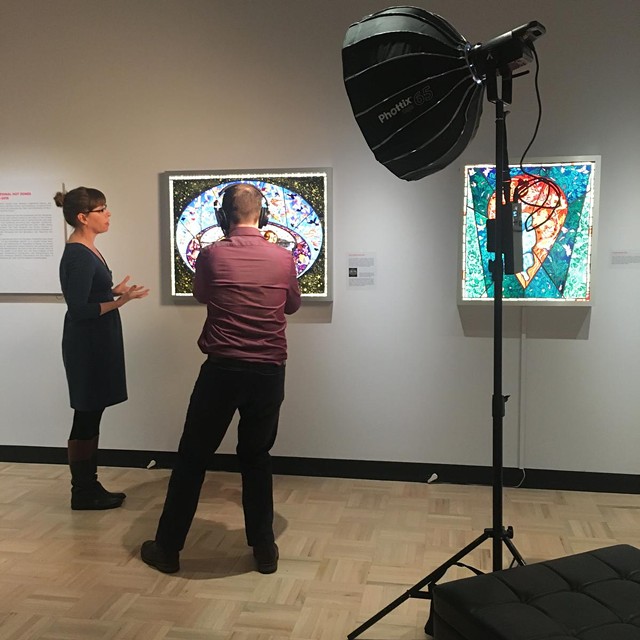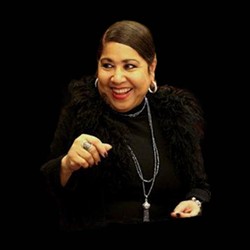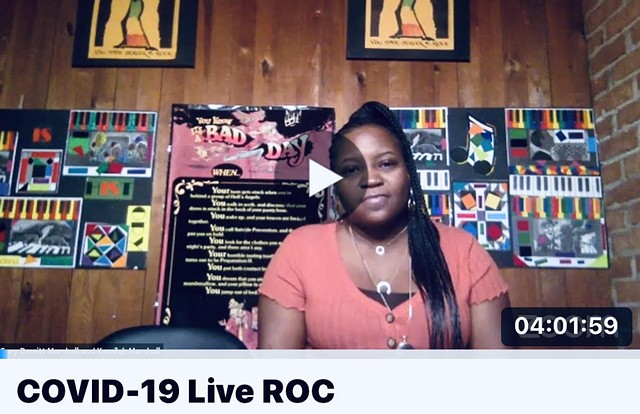Earlier this month, persons about the planet sat down to look at “Hamilton” – the Broadway musical phenomenon written by Lin-Manuel Miranda about the titular founding father.
And they did so from their individual houses, offering every person with a Disney+ subscription entry to a clearly show they may possibly not have found in any other case.
Imagine if artwork was this available all the time.
“It’s not hard to do,” states Gregg Beratan, director of progress for the Middle for Incapacity Legal rights in Rochester. “We have decades of exploration of creating venues much more available.”
It’s been 30 a long time considering the fact that the Us residents with Disabilities Act was passed, mandating public areas be available to all. But it’s nonetheless an ongoing battle.
“I know we have experienced instances in the very last calendar year wherever we have long gone to theaters to consider and improve entry,” Beratan stated. “And we’re satisfied with resistance.”
As venues, theaters and occasions carry on to be pushed into increasing entry in the bodily room, pandemic-similar shutdowns have compelled all sorts of establishments to pivot to the electronic room — like the arts.
Musicians significant and modest are internet hosting on-line live shows, museums are creating displays obtainable by way of people’s phones and laptops. And in convert, they are creating artwork much more obtainable to much more audiences.
The Memorial Artwork Gallery in Rochester is executing just that.
“Accessible for all, welcoming to all, that is correct in our mission and vision all together,” stated Meg Colombo, the MAG’s advertising and marketing and communications supervisor.
And that was put to the test for the duration of the shutdowns.
Right before the Magazine closed, Colombo stated they ended up equipped to movie curators conversing about some of their preferred displays and release the video clips on social media, for a challenge termed Enjoy Letters to the Magazine.
“We are going by way of a whole lot,” she stated. “We’re trying to adjust our course as significantly as how we interact, what we offer, how we’re offering it.”
She stated now is an critical time to keep artwork alive in the group.
“Art is a software for social adjust,” Colombo stated. “We actually feel that.”
But as organizations pivot to the electronic room, Beratan stated there are new issues to consider.
“I assume electronic media has a likely in lots of regions, not just the arts,” he stated. “But that stated, it does carry with it its individual accessibility troubles.”
For occasion, how do you make a visible presentation available to the blind group? How do you give the Deaf and hard-of-hearing group whole entry to a Zoom assembly?
Rachel DeGuzman is the founder of the WOC Artwork Collaborative in Rochester. She stated her mission is fairness and accessibility for all.
“What does accessibility appear like pretty much?” she requested. “What does fairness appear like pretty much?”
DeGuzman stated she and the persons she labored with experienced to get the job done speedily by way of individuals questions though developing a 24-hour dwell streaming fundraiser for WOC. She states she experienced to supply special resources to artists with disabilities so they could movie themselves, and integrate closed captioning in their streaming.
But for DeGuzman, individuals classes will carry on to inform her get the job done.
“How can we then integrate that on an ongoing foundation when we’re executing grassroots group artwork creating and have one thing then be available,” she stated.
But keeping electronic options open will be critical in the extensive operate, especially as the coronavirus continues to pose a threat to persons with disabilities.
Beratan stated he hopes the classes realized for the duration of the shutdowns will carry on to inform all these establishments, but he also stated, “I’m nervous that we see this now that non-disabled persons need to have these lodging.”
“I do be concerned that they are going to vanish as soon as they are not necessary by the non-disabled group,” Beratan stated.
This story is part of Shift to Contain, an initiative that employs the energy of public media to inform and completely transform attitudes and behaviors about inclusion. Shift to Contain was established by WXXI and the Golisano Basis and expanded with a grant by the Company for Community Broadcasting, a private corporation funded by the American persons.
Veronica Volk is a reporter at WXXI Information, a media associate of Metropolis. She can be arrived at at [email protected].





